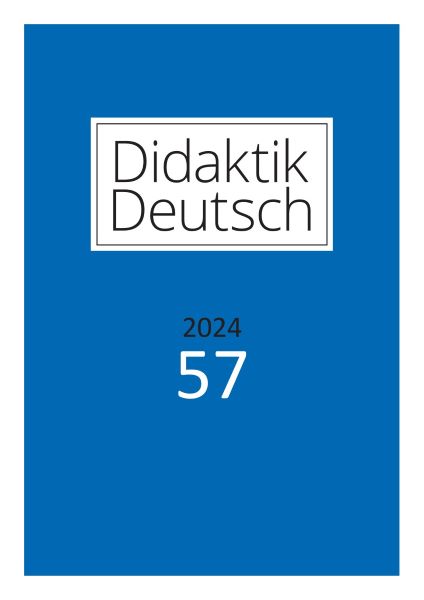Rezeptive Sprachfähigkeiten zu Schulbeginn und deren Einfluss auf die Lesekompetenz am Ende des ersten und vierten Schuljahres
Eine empirische Longitudinalstudie bei Kindern mit Deutsch als Erst- und Zweitsprache
DOI:
https://doi.org/10.21248/dideu.728Keywords:
receptive language skills, reading competence, children with German as first and second languageAbstract
This empirical study investigates the level of linguistic development that children with different language acquisition biographies (N = 212) have reached in receptive skill areas in German (verb meaning, w-questions, negation) at the beginning of school and the influence of these levels on reading skills (reading comprehension at word, sentence, and text levels; reading speed) at the end of the first and fourth grade. The diagnostic tools used were the assessment procedures LiSe-DaZ (Schulz/Tracy 2011), ELFE II (Lenhard et al. 2018), and WLLP-R (Schneider et al. 2011). The statistical analysis was conducted using IBM SPSS Statistics and included descriptive statistics as well as correlation analyses. The data analysis focuses on the question of whether differences between children with German as their first and second language can be mapped. It was found that second language learners enter first-grade instruction with different starting conditions, and the relationships between receptive spoken language skills and later reading abilities are weighted differently than in children who learn German language from birth.
Downloads
Published
How to Cite
Issue
Section
License
Copyright (c) 2024 Jessica Lindner

This work is licensed under a Creative Commons Attribution-NonCommercial-NoDerivatives 4.0 International License.




